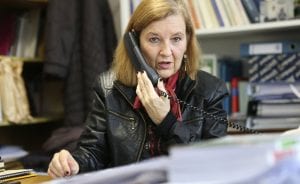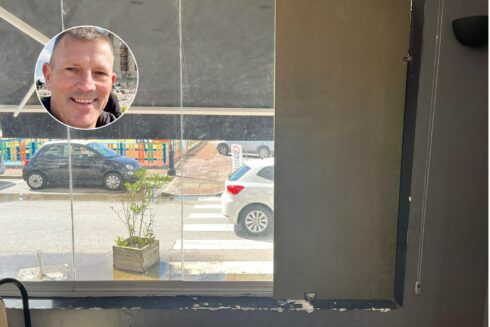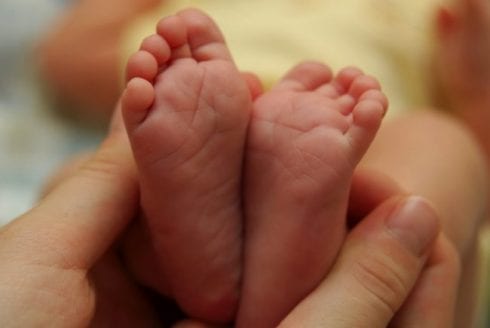
SPAIN’S first female judge to be appointed to the European Court of Human Rights has failed to retract previous ‘homophobic’ comments.
Maria Elosegui Itxaso, 60, was appointed to the ECHR last week after working for five years on the European Commission against racism.
But critics have blasted the decision, bringing up her previous anti-gay marriage stance and reports that she described being gay as an ‘illness’ and ‘a choice’.
Below are extracts of the interview by leading Spanish newspaper El Pais.
Q. This is a commission against intolerance, but there are quotes from your work that express some very sharp opinions, for instance when you say that homosexuality is an illness.
A. I have not worked specifically on homosexuality but I have on transsexuality. These are things that must be studied rigorously, you have to look at what science and medicine is saying on the matter. Even within the gay community, there were different positions on the sex-change law. Some agreed with the demand for an irreversible surgery and wanted Social Security to cover the cost of it, and others supported transition but not irreversible gender reassignment surgery. I studied the medical consequences and positioned myself more with those against an irreversible operation. I did say that and now it can be manipulated. You have to watch the entire film. I don’t believe I have said the quotes that are attributed to me. They have twisted my words.
Q. But do you believe homosexuality is an illness?
A. No, I don’t think homosexuality is a source of illness. I think the origins of homosexuality are being investigated and there are many theories. But none I think that has been proven. There are also different positions within the gay community. People make choices in their lives and this is one more choice.
Q. You have also said you are ‘against gay ideology.’
A. I couldn’t have said that because I don’t use the term ideology. There are various anthropological positions and there always will be. It is a question of anthropology not ideology, it is a life philosophy.
Q. But do you believe gay people have a common ‘life philosophy’?
A. Some believe that sex is a cultural construct that can be built and that nothing before conditions us, no conditioning before biology. That is one theory. How much comes from nature and how much from culture. Some say it is genetic and others say it is a choice. They do not have just one theory and that is normal. There is an evolution, a debate and things that are not agreed on. People make choices in their lives and homosexuality is one choice more.
Q. It’s known there are different theories, but what do you think? Your beliefs could now be reflected in the court resolutions.
A. My anthropological theory is irrelevant because I have to apply European Convention and the current norm independently of what I think. As a judge, I have to apply the law, I can’t apply theories. There is no danger, I cannot be biased, I have to apply what there is, whether I like it or not. I can’t discriminate against anybody because of their sexual orientation or gender orientation. The public should rest easy.
Q. Are you in favor of gay marriage?
A. That’s a compromising question. It’s not about being in favor or against. I am not going to answer. I am not going to give a black or white answer. As a judge, I have to respect the law. I don’t agree with judicial activism and I have criticized rulings for that.
Q. But you have already said you are against gay marriage.
A. You would have to look at what I have said.
Q. There is no reference to you coming out in support.
A. I will have to apply the law independently of whether I like it. It is not a question of taste and opinions. The people may not agree but I think it doesn’t matter.
Q. You don’t think beliefs influence the application of the law? The law has to be interpreted.
A. There is some margin for interpretation but there are also cornerstones in law that do not leave any room for doubt. A judge cannot distort the law to apply it in line with their personal opinions. We must not perform judicial activism.
Q. Do you belong to Opus Dei and has the organization has lobbied in your favor?
A. These are personal questions. A person can have values and convictions and this does not mean they are going to be less democratic.
Q. You have worked a lot on equality issues. In what area is inequality the worst?
A. In care work and in the family. Women take on more hours and have less time for their profession and leisure.
Q. That may be the most widespread issue but what is the worse?
A. Indirect work discrimination and the failure to see the merits of women. This is not because men have superior genes, it is not genetic or biological but cultural.
Q. Do you consider yourself a feminist?
A. I would have to say I do but I am not against men.









